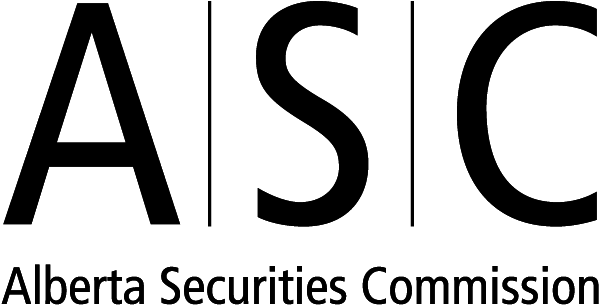Small business capital formation
Small and medium enterprises (SMEs) play a significant economic role in Alberta.
SMEs have a number of potential funding sources, including personal funds, trade credit, bank or credit union loans, and government grants. Another potential funding source is the selling of ‘securities’ such as shares, bonds or other interest in the business, or part of its assets or revenues, to investors. Securities law provides the regulatory framework in which the sale of these securities can occur, in a manner designed to protect investors but still foster a fair and efficient capital market.
Securities laws apply to an “issuer” i.e., a person or company, however organized, that is selling its debt, equity or some other “security.” The definition of “security” is broad and includes various types of investments. Securities law imposes an obligation on the issuer of a security to prepare, file and deliver to investors a comprehensive disclosure document called a prospectus that is intended to provide investors with sufficient information to make an informed investment decision. However, in many cases, issuers can comply with the terms of exemptions from the prospectus requirement to raise money.
Issuers that file a prospectus or otherwise become a “reporting issuer” are subject to various ongoing or continuous disclosure obligations. Because ongoing information is made available to prospective investors, secondary trading of the securities of reporting issuers is generally permitted.
Securities laws also impose a registration requirement (essentially a licensing regime) on any person or company that is (or holds themselves out as being) “in the business” of trading or advising in respect of securities or derivatives. Some examples of parties that would be subject to this registration requirement include stock brokers/securities dealers, mutual fund salespersons, portfolio managers and crowdfunding portals. The registration requirement also applies to the manager of an investment fund. In addition, “marketplaces” that facilitate the secondary trading of securities or derivatives are subject to various securities regulatory requirements.
Securities law includes prohibitions against certain behaviour in connection with the trading of securities, for example, fraud, misleading statements, market manipulation, unfair practices and insider trading.
Crowdfunding
Crowdfunding is where individuals or businesses can raise small amounts of money from a large number of people, typically through the internet and often through social media. The objective is to raise enough money to carry out a specific project, or in some cases, raise money for a particular cause or effort such as disaster relief. There are different types of crowdfunding, such as by donation, pre-selling of products and securities crowdfunding.
Crowdfunding campaigns sometimes result in the issuance of "securities" like loan agreements, promissory notes, shares and units in exchange for investing. These transactions must all comply with securities laws. It's not just the securities that must comply either - if someone has been helping the person or company find investors, they may also be subject to securities laws and may need to be registered.
While many campaigns are legal and beneficial, they can still have significant adverse effects on investors. Even if the crowdfunding deal is structured appropriately, it's incredibly important to determine your goals and risk tolerance before getting involved, since crowdfunding has an inherent risk like any other investment.
Economic Development Blanket Order
The ASC adopted Blanket Order 45-520 to facilitate access to capital for cooperatives and corporations that qualify as community economic development corporations (CEDCs) in Alberta. The blanket order offers CEDCs a limited exception to the financial statement requirements of the OM exemption. The blanket order is designed to advance the CEDC program by reducing costly financial reporting obligations for small, community businesses, facilitating their access to capital while providing investor protection.
There are additional exemptions intended solely for cooperatives. Please refer to ASC Rule 45-511 for more information.






